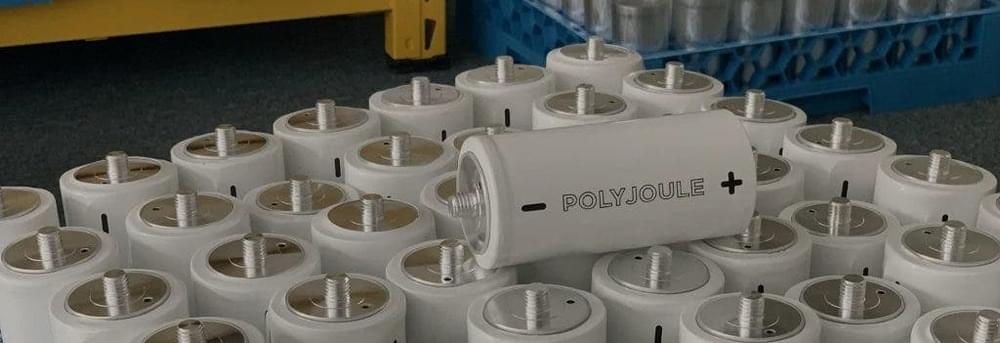Plastic and molten salt batteries may be the key to grid-scale energy storage.
Electricity is a marvelous thing. It can power every manner of machine and digital device, but it is ephemeral. It has to be used as soon as it is created or it is lost forever. The trick to making it serve the needs of humanity is to store it, and to do that, you need a battery.
There are hundreds of ways to make a battery — the Romans did it with copper and iron in a lemon juice bath. But not all of those storage techniques are practical in the real world. Some are too heavy, others too bulky. Many are too costly or use materials that are too scare. Nickel has long been a major component of today’s lithium-ion batteries, but upheavals in some countries masterminded by criminal leaders have caused it to triple in price recently.
Some batteries are good for powering vehicles. Others are better suited to long term grid-scale storage. This report will focus on two new battery technologies that show promise for storing electricity now so it can be used to power homes and businesses later.
